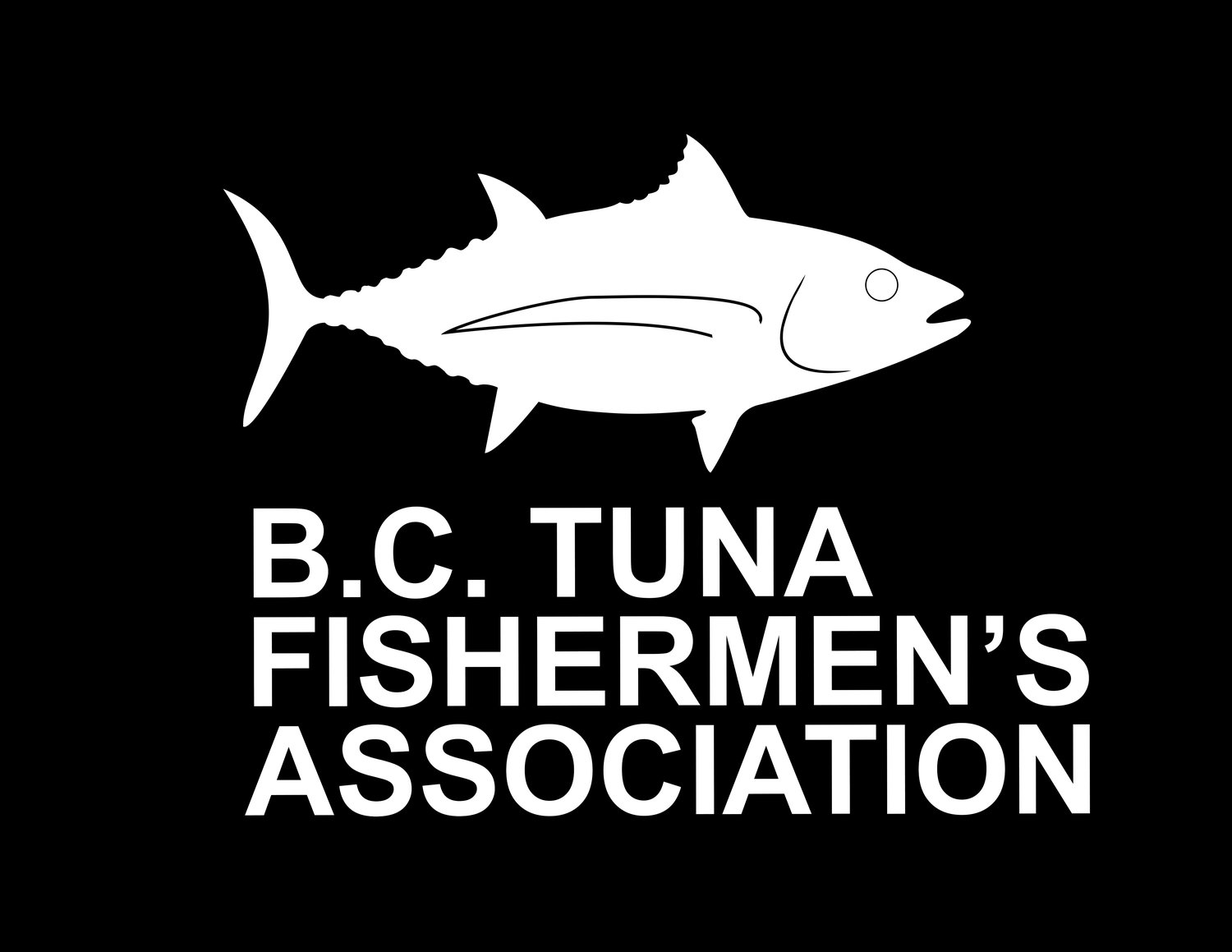Giff Johnson
RNZ
The Marshall Islands fisheries department is pushing two initiatives that could transform the country's engagement in the multi-billion dollar commercial tuna fishery in the region.
One initiative, to gain access to the lucrative European Union market, has been long-desired by industry.
The other, the fisheries department's aim to gain a bigger piece of the tuna revenue pie, is likely to cause industry concern, at least in the short-term.
Gaining access to Europe would require the establishment of the first "Competent Authority" in the Marshall Islands (RMI) that, once in place, can facilitate fish exports to the European Union, the world's largest seafood market. A Competent Authority is an entity that provides independent verification through inspections of vessels and processing plants, laboratory testing, and catch documentation to confirm that tuna catches for export meet EU requirements. The EU requires seafood exports from the RMI or other third countries meet compliance requirements through a recognized Competent Authority.
"The key is to establish national standards that meet international standards," said Marshall Islands Marine Resources Authority (MIMRA) Director Glen Joseph, who is pushing the Competent Authority process forward. Majuro has established itself as a hub for the tuna industry in recent years - over 300,000 tons of tuna was transshipped through Majuro in 2018, worth close to half a billion dollars at last year's world market prices - industry players have encouraged the Marshall Islands to establish a Competent Authority to expand export options for the tuna industry, which now exports to markets in the United States, Canada, and Asia.
Piloting Marshall Islands participation in the entire "value chain" of tuna from the sale of fishing days to vessels to the delivery of tuna tonnage to processing plants. The Parties to the Nauru Agreement (PNA) "vessel day scheme" revolutionized island management of and engagement in the purse seine fishery since it went into play in 2010. The VDS, says Joseph, is a platform that allows for greater participation by individual PNA members or groups of islands. At the moment, the Marshall Islands, through MIMRA, sells several thousand fishing days annually to fishing companies, sales that generate around $25 million annually.
But Joseph wants to move the Marshall Islands beyond simply selling fishing days to engaging in additional steps in the chain from catch to processing - all of which contribute a piece of the multi-billion dollar value of the tuna industry in the Pacific.
Both the Competent Authority and participation in the tuna value chain are "opportunities we can harness and cater for," said Joseph. "We can use them as leverage to catch more benefits (for Marshall Islands). The vessel day scheme itself gives us the confidence and leverage to participate throughout the value chain."
PNA's establishment of its brand and marketing arm known as Pacifical is a prime example of how the islands can gain greater benefits, said Joseph. Pacifical has co-branded with global tuna companies to distribute sustainably caught tuna from PNA waters into a range of markets including Australia and Europe.
To read the full article follow the link below:
https://www.rnz.co.nz/international/pacific-news/394900/marshall-islands-drives-tuna-initiatives



